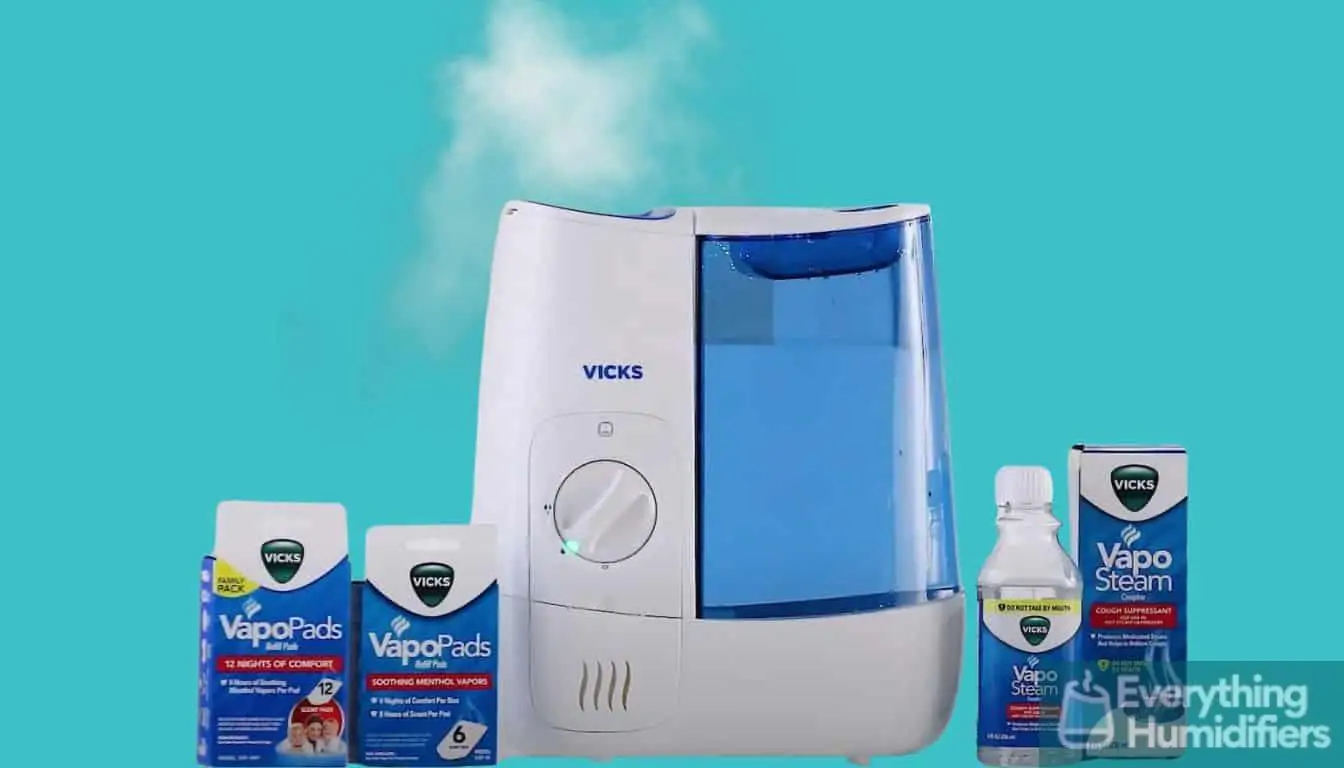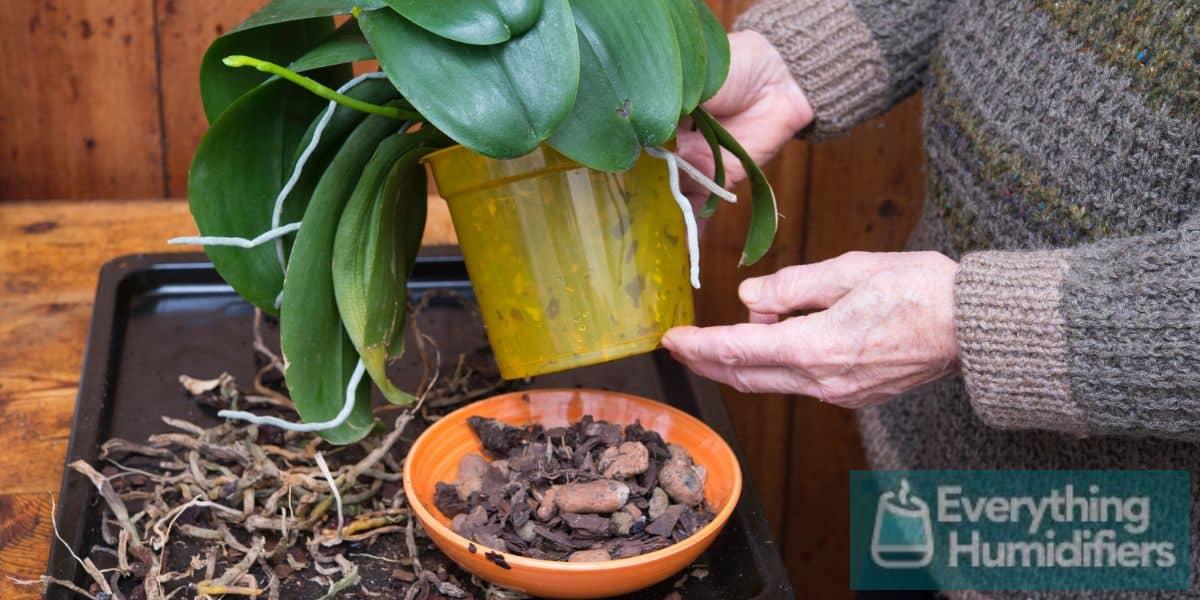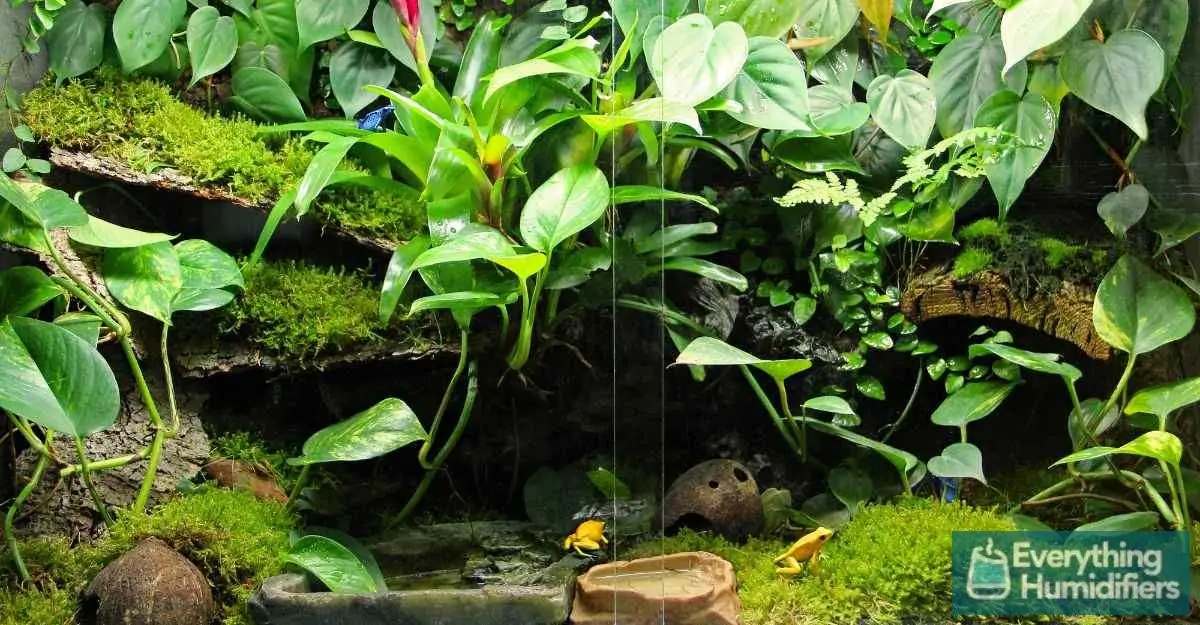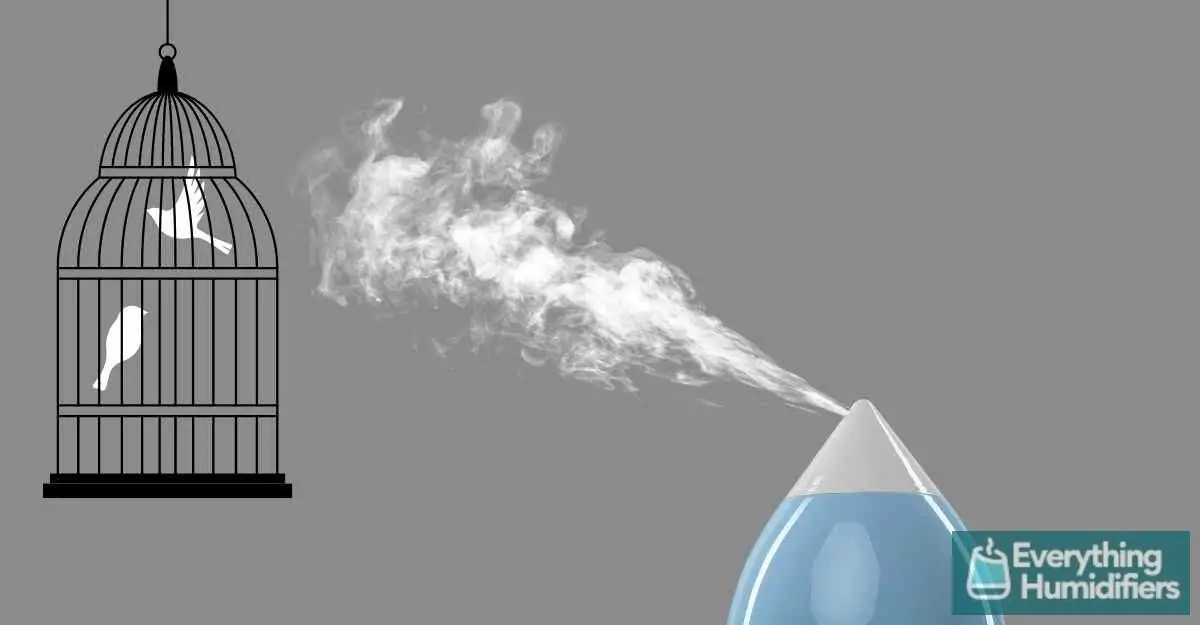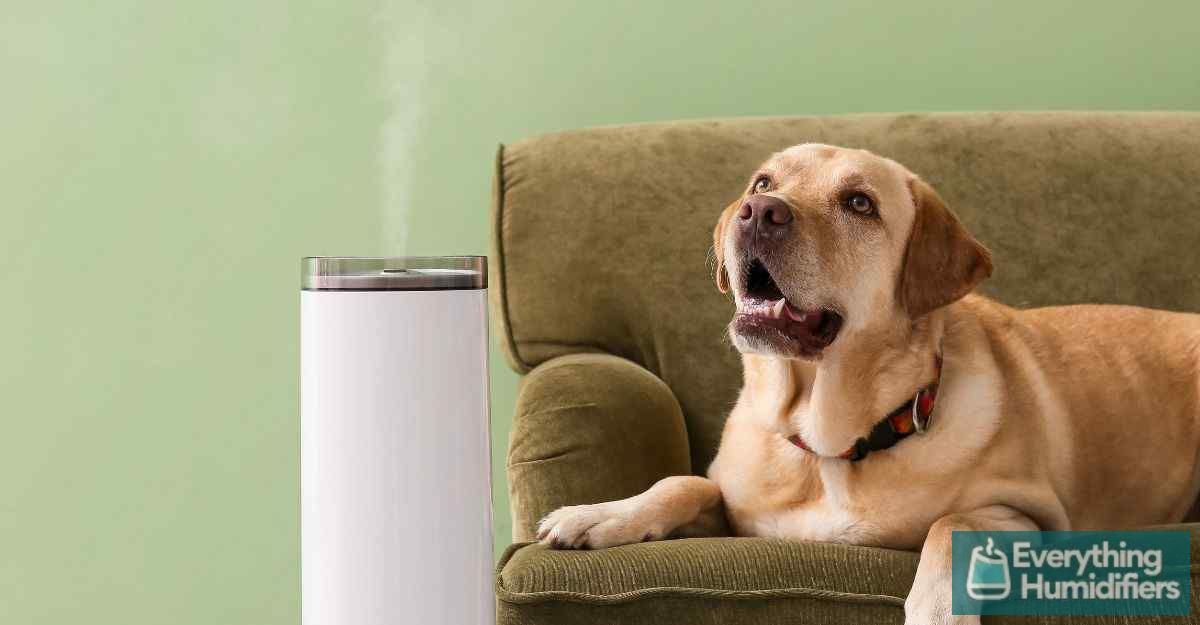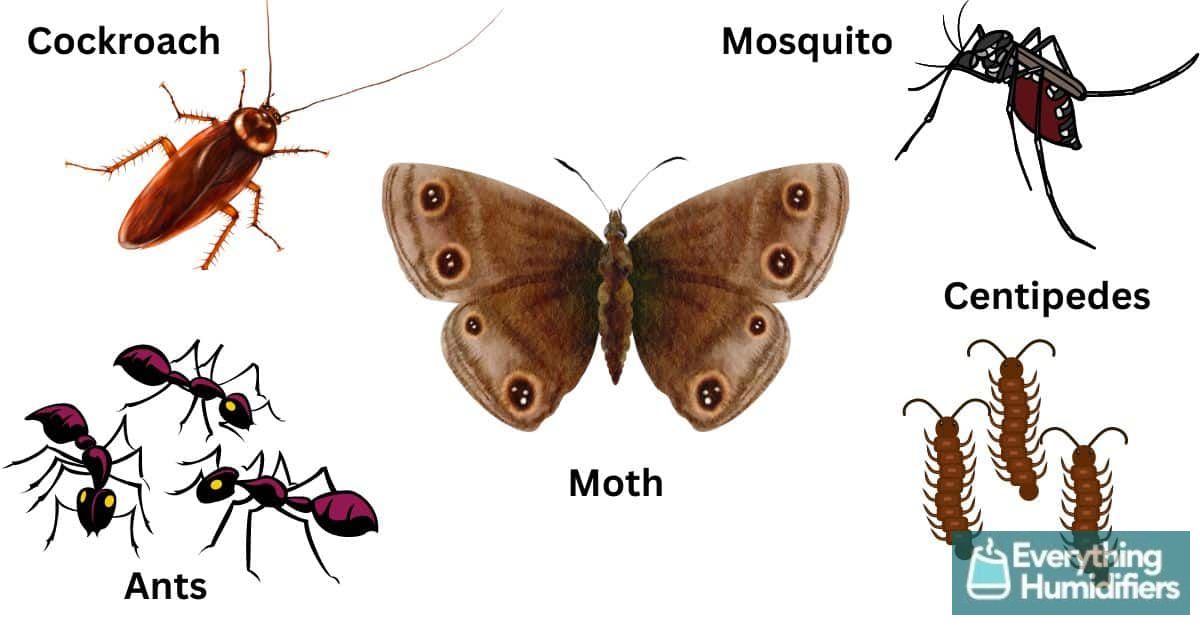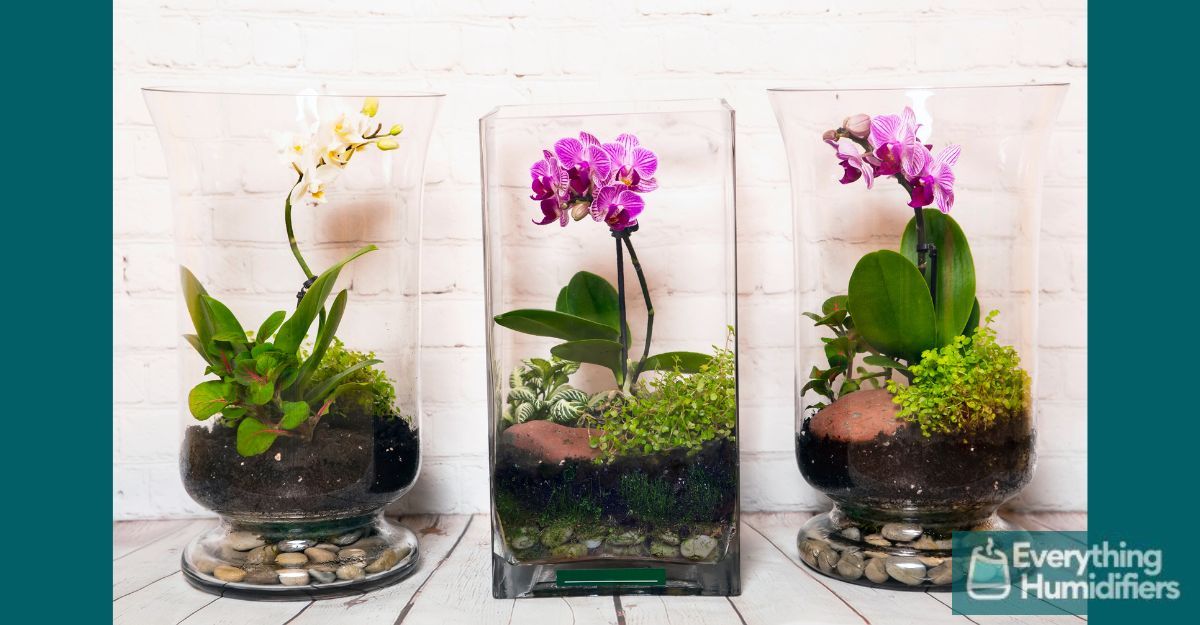Running a small, specialized business requires skill, knowledge, and dedication.
In this article, we are putting the spotlight on:
- Woodwork Shops
- Museum and Art Galleries
- Retirement Homes
- Veterinary Clinics
You may also require a unique environment to house sensitive equipment, protect stock, and control health and safety levels.
One factor that does not often come to mind is humidity. Yet, humidity is a vital factor that can negatively affect your staff, your customers, your equipment, and your products.
You can combat dry air with a humidifier and control the air quality of your business.
Perhaps you are considering setting up a business in one of these sectors?
You will need to ensure that you create the optimum conditions for the safe and efficient operation of equipment. You also need to ensure that you create a healthy environment for workers and customers.
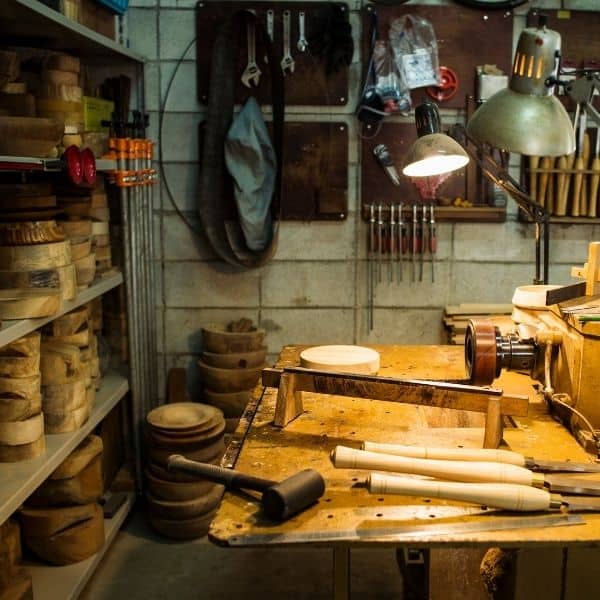
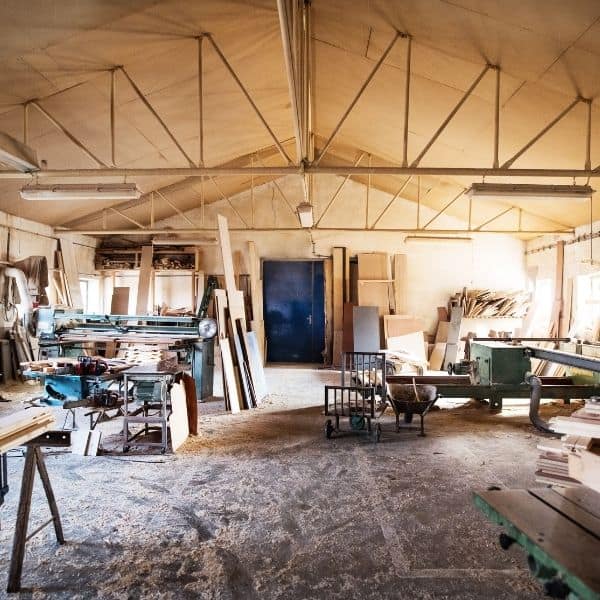
Woodwork Shops
As a producer of natural wood products, you know that wood is very susceptible to environmental changes.
For those who love acronyms, EMC is the key factor. EMC stands for Equilibrium Moisture Content. This is the perfect condition in which wood is not gaining nor losing moisture. Wagner Meters discusses this in detail in their article What is Equilibrium Moisture Content.
Very dry climates result in workshops that have low humidity. When wood is stored in dry conditions, it can crack, warp, shrink, or split along its weakness lines. Not a good thing for your handcrafted console table that is ready to be delivered.
Very wet climates are also a problem and result in workshops with high humidity. Wood stored in damp workshops will absorb moisture and expand. Your perfectly measured dimensions will no longer be accurate. A dehumidifier can help to remove moisture from the air.
A woodshop humidifier ensures that moisture levels are kept constant. Wood thrives best in its natural environment.
Here is a good guide to establishing the humidity level you need in your workshop
“Set your woodshop humidity close to the average humidity of the region from where the wood originated.”
Humidifiers in wood shops also offer other benefits
Controls airborne dust
Large amounts of sawdust and sanding dust float around in workshops. This dust can be a health hazard when inhaled. Moist air restricts the movement of dust.
Prevents fire
When large amounts of sawdust accumulate and dry out, they can become a fire hazard. Moist air will reduce the risk.
Protects treated woods
Finished wood products need humidity control as the treatments can crack or dry out during the curing process.
Prolongs tool and machine life
Your tools and machines function better and last longer in environments where humidity is constant.
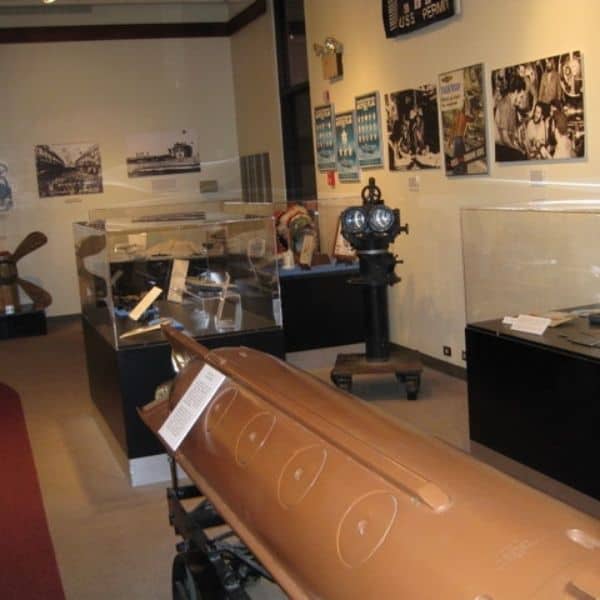

Museum and art galleries
Wandering around a museum or art gallery can be a calming and rewarding experience. Have you ever considered that the environment needs to be exceptionally well controlled?
Art pieces created on paper, wood, canvas, fabric, and other natural products are highly susceptible to changes in humidity.
High humidity will cause damp conditions that encourage the growth of mold, bacteria, and fungus on the artworks. If your humidity is too high, you may need to install a dehumidifier to extract moisture from the air.
Dry air can equally cause extensive damage to exhibits in a gallery.
- Paper and papyrus will become brittle and can crack easily when handled
- Veneer on wooden artwork can dry out and crack
- Oil paint, metal inlays, and lacquer dries out and can detach from their canvas
- Wooden frames crack, warp, or split
- Fabric, canvas, or silk artworks that are stretched on frames will shrink, crack, or pull away from the frames
- The mineral content in stonework, terracotta, and pottery is affected by dry air, causing them to flake or powder
- Glass artwork collections are negatively affected by changes in humidity
Installing a museum and art gallery humidifier that keeps humidity constant will eliminate these problems and keep your displays in pristine condition.
Your gallery needs to be regulated 24/7. A professionally installed system will ensure that you have the perfect environment.

Retirement homes
Elderly people in retirement homes are more susceptible to illness than the rest of the population.
Keeping the environment clean, healthy, and controlled is a vital requirement for any age care facility.
Many retirement homes have air conditioners, heaters, HVAC systems, or central heating systems.
While these devices do keep your residents warm, they unfortunately dry out the air.
Dry air creates an environment of low humidity.
Your average retirement home should have a recommended humidity of around 30% to 50%.
If the air in your home is dry and the humidity level falls below 40%, it may increase the chance of illness.
Low humidity can cause, or aggravate, a host of common ailments including:
- Dry nose
- Congestion
- Sore throats
- Coughing
- Nosebleeds
- Sinusitis
- Rhinitis
- Dry skin
- Allergies
- Asthma
- Snoring
- Dry eyes
By increasing the moisture content in the air in a controlled manner, a retirement home humidifier can help to alleviate many of these symptoms.
If residents are ill and require medical attention, do not hesitate to seek it.
Humidifiers are only an aid to help reduce symptoms.

Veterinary clinics
While you may love cuddly dogs and cute fluffy kittens, running a veterinary clinic requires a professional mindset too!
Environments where sick animals are treated or housed can become breeding grounds for the spread of disease.
Veterinary clinics need clean, healthy air to encourage animal welfare and ensure that staff and pet owners are never put at unnecessary risk while on the premises.
Humidifiers control the moisture level in the air in your rooms. If your air is moist and damp, this will encourage the growth of mold, bacteria, and fungus.
Dry air allows airborne dust, harmful bacteria, and allergies caused by dog and cat hair, to circulate more freely, risking infection.
Dry environments are notorious for building up static electricity. While you may not bother about an unwanted ’shock’ from static electricity, you don’t want this happening to sick pets.
Your animals need to be kept calm and safe. Static electricity can also damage sensitive equipment in your examination rooms.
By stabilizing your humidity levels between 30% to 50%, airborne disease and the transmission of bacteria will be minimized.
You will create a sanitary, safe, and static-free environment for examinations and housing of animals.
Larger clinics will benefit from veterinary humidifiers that run via the HVAC systems in the building. For smaller clinics, stand-alone humidifiers are a good option.
Summary
Specialized businesses often require controlled humidity.
Do you own, manage, or are contemplating starting a Woodwork Shop, a Museum or Art Gallery, a Retirement Home, or a Veterinary Clinic?
They all require specific humidity levels for health, safety, and protection of equipment, stock products, employees, and clients.
Installing a humidifier will allow you to control your moisture levels 24/7.
For large businesses, we recommend consulting an industry specialist to ensure that you install the right humidifier for your environment.


